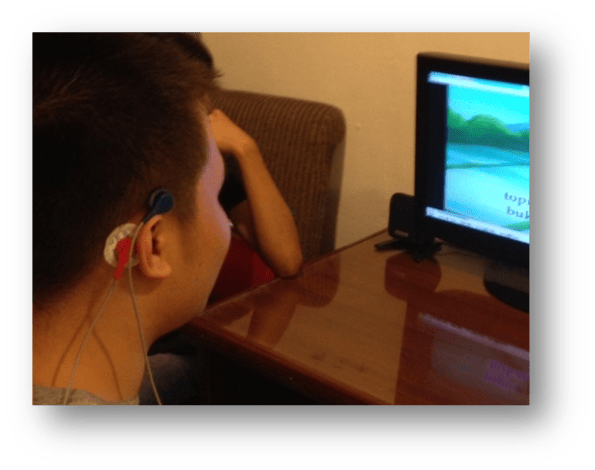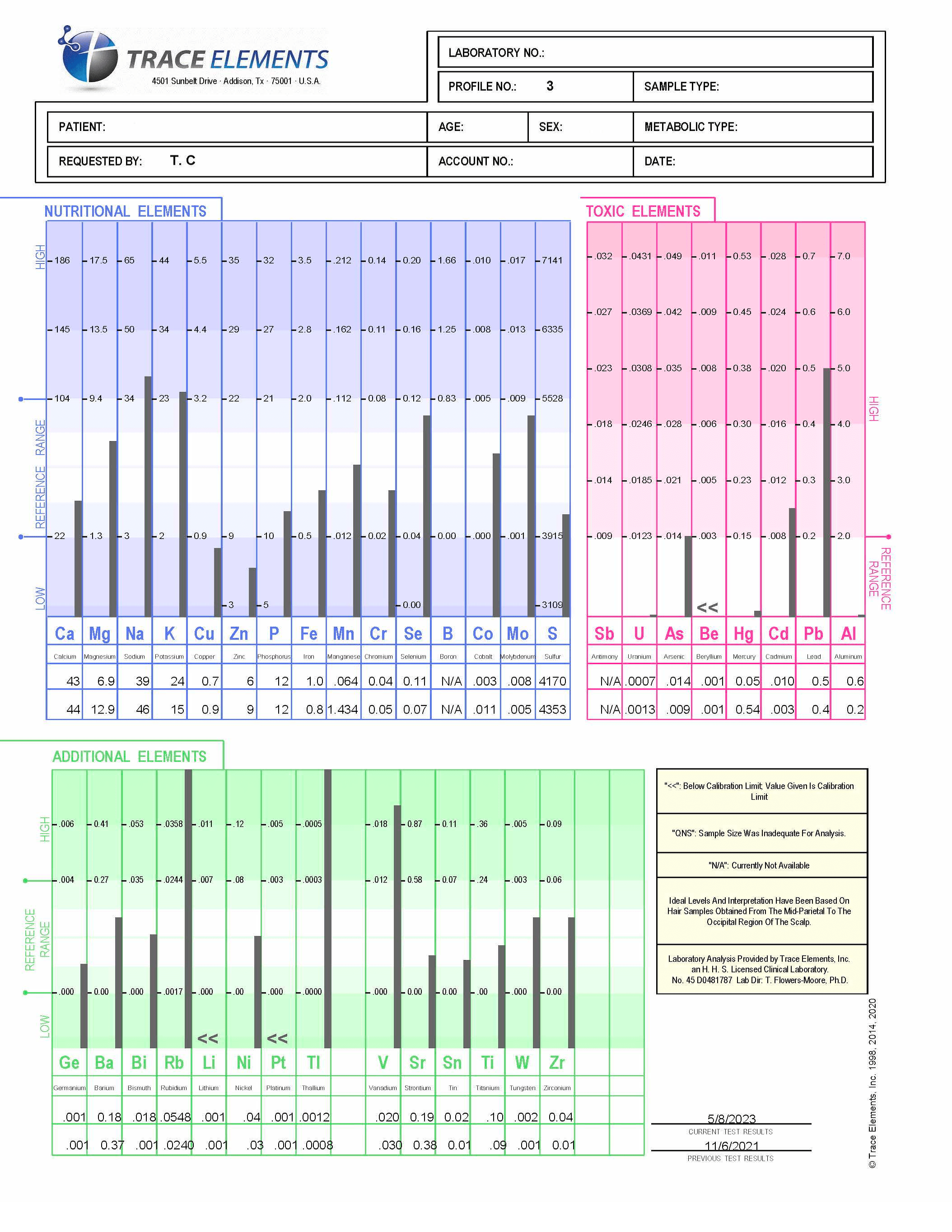Anxiety Self-Assessment Result
Thank you for taking your time to complete our Anxiety Self-Assessment. This tool is designed to provide insights into your emotional well-being over the past two weeks. Here’s a breakdown of what each score range may indicate:
HIGH SEVERITY

Your result suggests severe anxiety symptoms. If you find yourself in this range, it’s crucial to seek professional help promptly. A mental health professional can conduct a more in-depth assessment, offer a diagnosis, and guide you toward appropriate treatment options.
Severe anxiety may significantly affect your daily life, and seeking support is a crucial step toward improvement.
Important Considerations
Professional Guidance
Seeking Guidance
Remember, your well-being is a priority, and taking this self-assessment is a proactive step toward understanding and addressing your emotional state. The journey to improved mental health is unique for each individual, and seeking professional guidance can provide personalized insights and support.

Helpful Interventions
Regulating Stress Through Breathing Techniques
It is important to recognize the interconnectedness of your mind and body. Stress can impact various bodily functions, including your heartbeat, breathing, sweat production, muscle tension, and temperature.
If stress ever disrupts your bodily functions, consider trying diaphragmatic breathing, a technique performed by contracting the diaphragm for deeper and more efficient inhalation.
There’s a specific type of diaphragmatic breathing that utilizes specific frequencies to optimize your mind and body state. This method helps regulate respiration, heart rate, and blood pressure, re-establishing balance between your mind and body.
Learn more about resonance frequency breathing here.

Neurofeedback-Neuromodulation
Non-invasive enhancement interventions like Neurofeedback and tDCS can offer relief from conditions such as anxiety. Such interventions though are best preceded by a diagnostic assessment such as QEEG to gain insights into the underlying brain conditions associated with anxiety. Click here to learn more.
Importance of Maintaining an Equilibrium in Body Chemistry
It is important to recognize the interconnectedness of your mind and body. Heavy metals and nutritional minerals significantly affect brain function and behaviour. HTMA (Hair Tissue Mineral Analysis) and metabolic profiling-heavy metal tests help detect toxic metal exposure and nutrient imbalances, which can contribute to mental disorders, neurological impairments, and emotional changes.
Accurate assessment can guide effective treatments and prevent long-term health issues. Learn more about HTMA at our partner site here.



